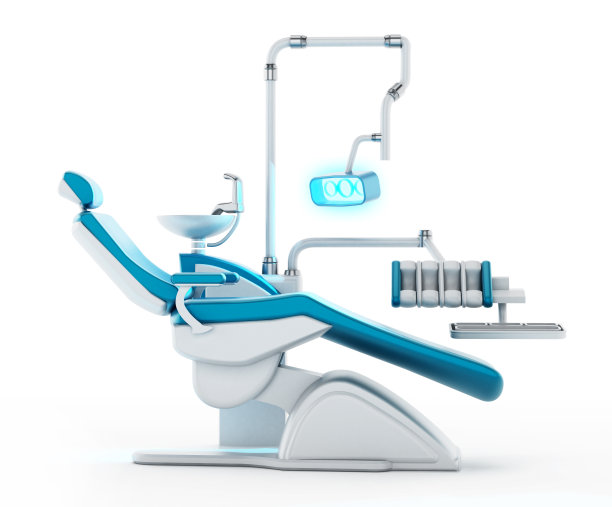Understanding the Impact of Periodontal Disease on Overall Health and Well-being in Modern Society
Summary: Periodontal disease, often overlooked, has far-reaching implications for overall health and well-being in modern society. This condition not only affects oral health but also poses risks for systemic diseases, emotional well-being, and quality of life. As we delve into the interconnections between periodontal health and various health aspects, were reminded that oral care is fundamental, not just for a bright smile but for holistic health. This article aims to illuminate these connections and emphasize the importance of preventive measures for better health outcomes.
1. Link Between Periodontal Disease and Systemic Health

Periodontal disease is characterized by inflammation and infection of the supporting structures of the teeth, which can lead to severe oral health issues. However, its implications extend beyond the mouth. Research has shown a significant link between periodontal disease and systemic conditions such as cardiovascular disease. Chronic inflammation in the gums can contribute to systemic inflammation, potentially leading to atherosclerosis and heart attacks.
Moreover, individuals suffering from diabetes often face exacerbated periodontal issues, creating a vicious cycle. Poorly controlled blood sugar levels can lead to enhanced bacterial growth in the mouth, leading to worse periodontal disease. Conversely, untreated periodontal disease can make it challenging to manage blood sugar levels, further complicating diabetes control.
In addition to cardiovascular and diabetic connections, periodontal health has been linked to respiratory diseases. Oral bacteria may be inhaled into the lungs, leading to pneumonia and other respiratory disorders. Therefore, maintaining oral health serves not just an aesthetic purpose but is integral to overall health management.
2. Impact on Mental and Emotional Well-being
The implications of periodontal disease extend well beyond physical health. Many individuals suffering from periodontal issues experience significant declines in their self-esteem and overall mental well-being. Common symptoms such as bad breath, tooth loss, and other visible ailments can lead to social anxiety and withdrawal from social situations, further impacting mental health.
Research indicates that individuals with periodontal disease are at a higher risk of developing conditions such as depression and anxiety. The chronic pain and discomfort associated with periodontal illness can contribute to feelings of helplessness and frustration, leading to mood disorders. The interplay between oral health and mental health reinforces the need for a biopsychosocial approach to healthcare.
Additionally, the stigma often associated with dental issues may deter people from seeking treatment, which can exacerbate feelings of shame or inadequacy. As tackled within modern healthcare frameworks, addressing the associated mental health conditions must accompany physical treatments for periodontal disease.
3. Quality of Life and Functional Implications
Periodontal disease significantly diminishes the quality of life for many individuals. The inability to chew food properly due to pain or missing teeth affects dietary choices, often leading to nutritional deficiencies. Diets may shift towards softer, less nutritious options, leading to broader health issues over time.
Functional implications extend to speech and social interactions, as individuals may find it difficult to communicate effectively due to discomfort or the physical presence of visible dental disease. This barrier can impact personal relationships and professional opportunities, as confidence in one’s smile plays a crucial role in social dynamics.
Furthermore, the economic burden associated with periodontal disease can compromise ones quality of life. Treatments can be costly, and many individuals face challenges in accessing dental care. This situation perpetuates a cycle where poor oral health leads to broader health concerns, further escalating health expenditures. Preventative care and education are vital components to breaking this cycle.
4. Preventive Measures and Public Awareness
Given the profound implications of periodontal disease on overall health, public awareness and preventive measures are more critical than ever. Education on the importance of oral hygiene, regular dental checkups, and the relationship between periodontal health and systemic diseases should be prioritized. Individuals should be encouraged to maintain proper brushing and flossing habits while seeking regular professional care.
Community programs that promote awareness of periodontal health and its systemic connections can play a vital role in prevention. Engaging healthcare professionals to provide integrated care can enhance patient understanding and promote better health outcomes.
Furthermore, integrating awareness of oral health within general healthcare practices can bridge the gap between dental care and overall health management, ensuring that periodontal health is viewed as a foundational element of holistic health.
Summary:
In conclusion, understanding the impact of periodontal disease on overall health and well-being in modern society is essential for fostering a holistic approach to health. The interconnections between oral health and systemic conditions, emotional well-being, quality of life, and the importance of preventive measures underline the critical nature of addressing dental health. By prioritizing periodontal care, society can improve general health outcomes, reduce disease prevalence, and enhance the quality of life for individuals. The need for awareness and action is paramount in this endeavor.
This article is compiled by Vickong Dental and the content is for reference only.



